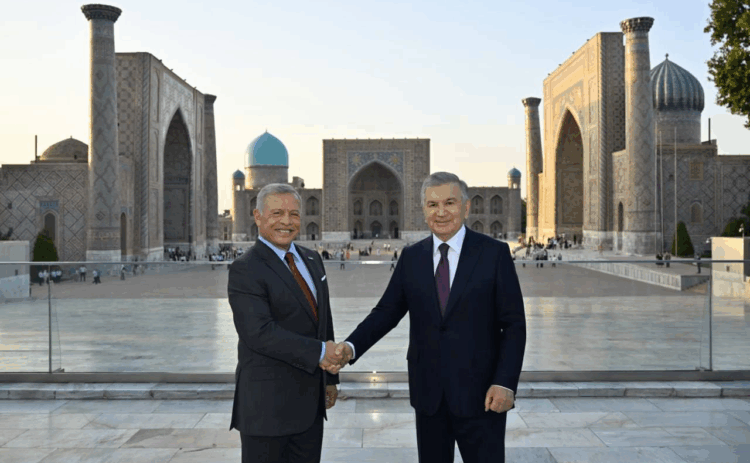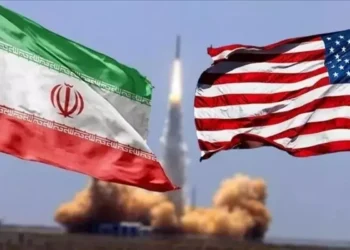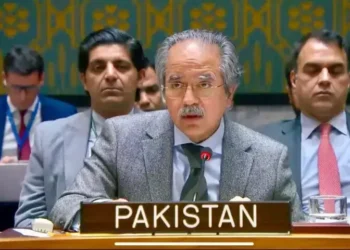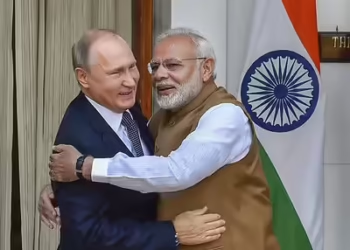Web Desk; At the invitation of President Shavkat Mirziyoyev, King Abdullah II ibn Al Hussein of the Hashemite Kingdom of Jordan arrived in Uzbekistan on August 25 for a state visit, marking another important milestone in the steadily developing ties between the two countries.
Diplomatic relations between Uzbekistan and Jordan were formally established in February 1993. Since then, what began as initial contacts has grown into a multidimensional partnership covering politics, trade, culture, and humanitarian cooperation. Jordan opened its embassy in Tashkent in June 1994, while Uzbekistan’s ambassador in Riyadh is concurrently accredited in Amman. Additionally, since 2007, Jordanian businessman Luay Abu-Ghazaleh has served as Uzbekistan’s Honorary Consul in Jordan, facilitating bilateral initiatives.
For many years, political dialogue largely unfolded through international forums, phone conversations, and official correspondence. In recent times, however, the relationship has gained fresh momentum, reflecting a shared determination to broaden cooperation. In early 2025, Uzbek Foreign Minister Bakhtiyor Saidov led a high-level delegation to Amman, carrying a personal message from President Mirziyoyev to King Abdullah II. The delegation engaged in talks with Jordan’s Deputy Prime Minister and Foreign Minister Ayman Safadi, other ministers, and representatives of leading companies. One of the major achievements of the visit was the signing of agreements to abolish visa requirements for diplomatic passport holders and to launch a joint program of cooperation between the foreign ministries for 2025–2027.
These developments align with Uzbekistan’s wider policy of openness and diversified diplomacy. Tashkent has actively deepened ties with Middle Eastern partners, as evidenced by a near fivefold increase in trade with the Gulf Cooperation Council states from 2020 to 2023. Platforms such as the Organization of Islamic Cooperation (OIC) and the Economic Cooperation Organization (ECO) further provide avenues for strengthening Uzbekistan–Jordan collaboration.
Currently, economic ties remain modest but promising. Bilateral trade stood at about USD 4.6 million in 2024. Jordan exports pharmaceuticals, chemicals, and machinery to Uzbekistan, while Uzbek exports include copper, dried fruits, nuts, and textiles. Recent ministerial talks confirmed interest in advancing cooperation in key areas: negotiating a Preferential Trade Agreement, joint ventures in mining and processing phosphates and copper, developing agriculture and food industries, and collaborating in pharmaceuticals, textiles, light manufacturing, and the digital economy.
The two countries are also planning to establish an Uzbekistan–Jordan Business Council to connect entrepreneurs, organize trade forums, and promote direct investment. Jordan has proposed serving as a gateway for Uzbek products into Middle Eastern and North African markets, capitalizing on its strategic location.
Beyond economics, relations rest on a shared spiritual and cultural foundation. Both nations are linked through Islamic traditions, historical heritage, and religious scholarship. This has encouraged exchanges in education, healthcare, archaeology, and theology. Cultural cooperation continues to expand, with Jordanian participation in Uzbekistan’s major international festivals such as the Maqom Art Festival in Shahrisabz (2018) and the Handicraft Festival in Kokand (2019).
Looking ahead, both countries see vast potential in cultural, academic, and humanitarian programs, including scholarships, joint research, and healthcare partnerships such as medical training and telemedicine. The King’s visit is expected to inject further energy into these initiatives, paving the way for a stronger, more comprehensive partnership.
By combining political will with practical agreements, Uzbekistan and Jordan are positioning their relationship not only to enhance bilateral prosperity but also to contribute to stability and development across Central Asia and the Middle East.



































































